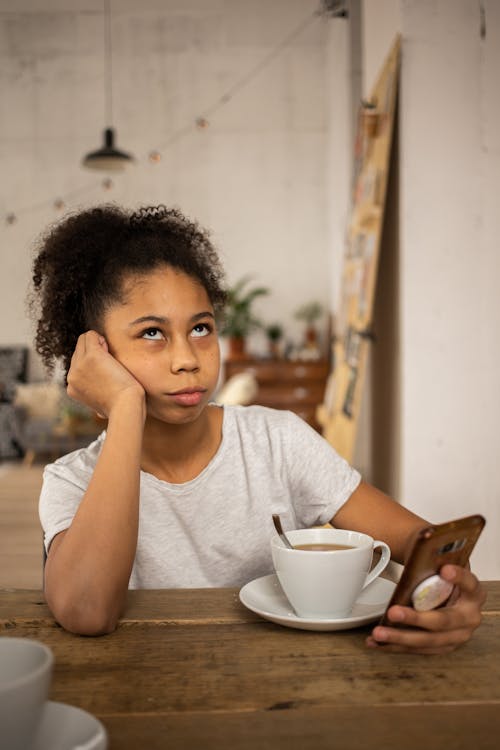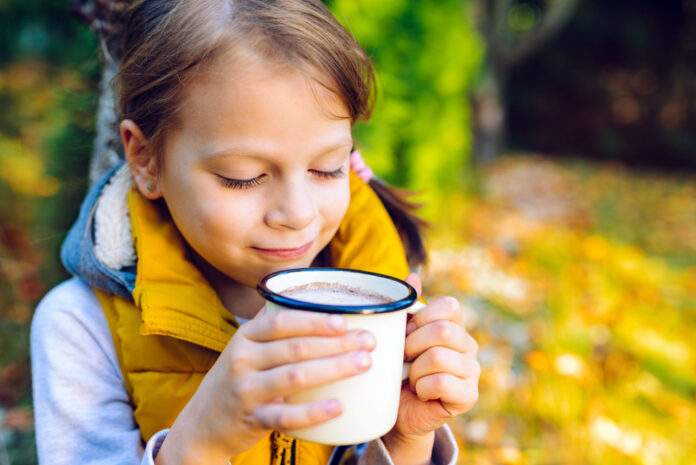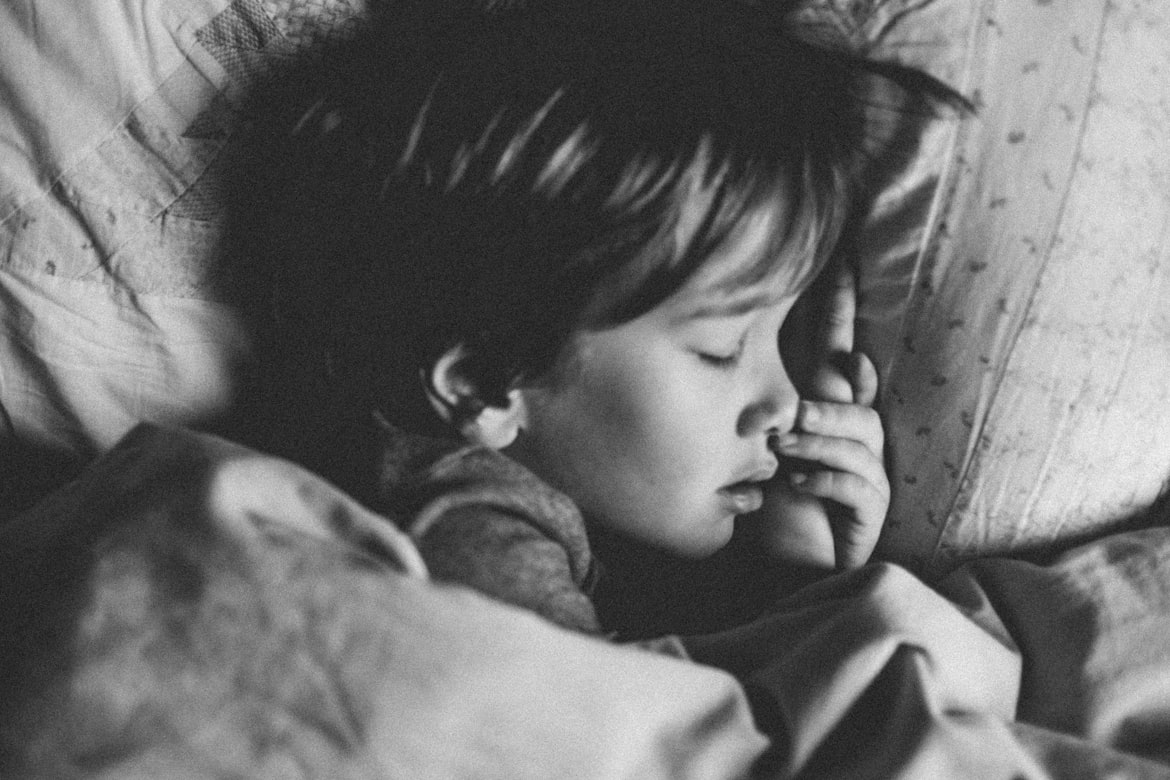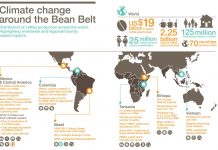Should children drink coffee? It is a question that cannot have a straightaway YES or NO answer. There have been heated discussions brewing over whether children should be consuming caffeine, as this trend is taking a toll among children and adolescents. Reports highlight that about 37% of children (13 to 18 years) are drinking coffee daily, higher than the recorded 23% in 2014 and 31% in 2016.
These numbers are alarming as coffee contains caffeine, a psychoactive substance known for altering sleep patterns and alertness of the mind. I have my heart bent on how this discussion turns out officially. Anything that alters children’s sleep patterns and focus is a big no for me.
However, it is crucial to know what the research and experts have to say about caffeine consumption in kids. Let us review what the experts say about coffee and its effects on the young mind.
Guidelines about Caffeine Consumption
Although the US dietary guidelines have no official recommendations about children’s daily caffeine consumption, we can take some ideas from Health Canada. It clearly indicates that children should not have more than 2.5 milligrams of caffeine per kilogram of their body weight.
Consider the following table for getting a better idea about the quantities of caffeine allowed for children.
| Age of the Child | Maximum daily caffeine consumption | Conversion |
| 4-6 years | 45 mg | Less than half a cup of coffee
Or 1 can of cola (355 ml) |
| 7-9 years | 62.5 mg | A single espresso shot
Or 1.5 (355 ml) of cola cans |
| 10-12 years | 85 mg | Less than a cup of brewed coffee
Or 2 cans of 355 ml of cola |
| 13-18 years | 113 mg | Less than 1.5 cups of brewed coffee |
Risks of Children Drinking Coffee

According to Toby Amibdor, MS, RD, there is no doubt about the stimulant properties of caffeine. Caffeine has a dose-response effect, and since children and adolescents’ have smaller body sizes, even a tiny quantity of caffeine can manifest insomnia, headaches, and jitteriness in children. Moreover, like any stimulant, caffeine also has withdrawal symptoms in young children.
Once they are used to having coffee every day, halting its consumption leads to common withdrawal symptoms, such as insomnia, loss of focus, and increased heart rate. It is not necessary that children will show full-blown withdrawal symptoms, but all of these can occur in small amounts.
Dr. Amidor further stresses that childhood is the developing age for children, wherein their bodies grow and gain strength. Consumption of caffeine can significantly interrupt the calcium absorption process in their body, rendering a weak skeletal structure in children.
Consumption of Coffee Laden with Extra Calories
Another most important and prevalent concern of the experts regarding children drinking coffee is how coffee is not consumed without loads of cream and sugar content. Experts are more concerned about the high sugar intake that the children have become used to.
Andy Bellatti, MS, RD, strongly opposes the consumption of coffee in children as it only becomes a vessel for empty calories that only harm a child’s body. A characteristic image of the coffee is now synonymous with ridiculously large amounts of sweet syrups, whipped cream, and caramel sauce. This combination of sugary content and caffeine is deadly for children’s growing years.
He asserts that he is most concerned about sugar consumption and caffeine amid the new trend of sweet energy drinks. These energy drinks typically target teenagers only, and it is highly effective as you can easily observe the trend. So, it is not only the coffee parents should be worried about but also the more common sweet energy drinks.
Coffee Messing the Sleep Pattern
Experts are also concerned about how caffeine as a stimulant alters children’s concentration, mood, hyperactivity, and appetite patterns. Caffeine is known for messing up mood swings, anxiety, and sleep patterns. Coffee is also a diuretic; therefore, parents should know how much coffee their kids have.
A 2014 research report reveals that caffeine intake in young children is significantly related to augmented anxiety levels in their adolescent and young adult years. This study followed a cross-sectional study design, wherein the research team used 20-year cohorts of young Australian males. These results indicate how caffeine intake messes up with the children’s brains and makes them vulnerable to numerous difficulties later in life.
An absolute favorite thing about drinking coffee as an adult is to enjoy a steaming hot cup before starting my daily chores. I also love the idea of enjoying my coffee in solitude while I reflect upon my day ahead. An excellent idea for adults to have specialty coffee in a kid-free zone is a coffee shop in Dublin, Ireland. No children are allowed to dine in over there, which provides a little recluse to the adults. Such shops should be common in other countries as well. It is a great idea to establish some boundaries about drinking coffee in public places.
Should Children be Drinking Coffee?
The verdict is to limit the amount of caffeine consumed by children if not totally avoidable as there are also some positive effects of drinking coffee. Follow the age-related guidelines and save your children from the various mind-altering effects. However, it is best to protect your children from caffeine as much as possible. Since caffeine in coffee or energy drinks does not come without heaps of unhealthy sugar intake, it is crucial to wait a few more years before introducing your children to coffee.






